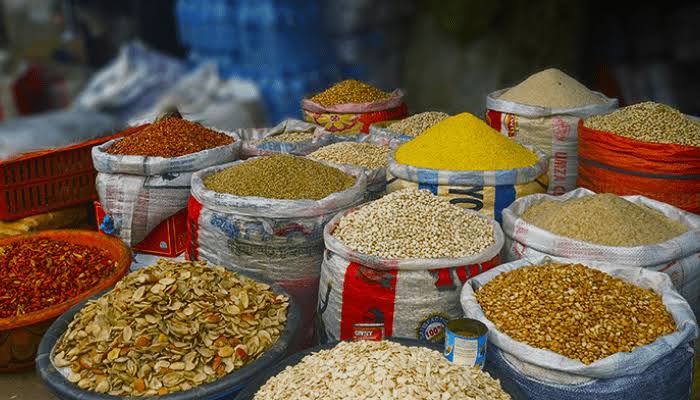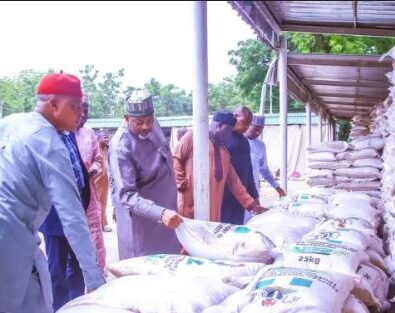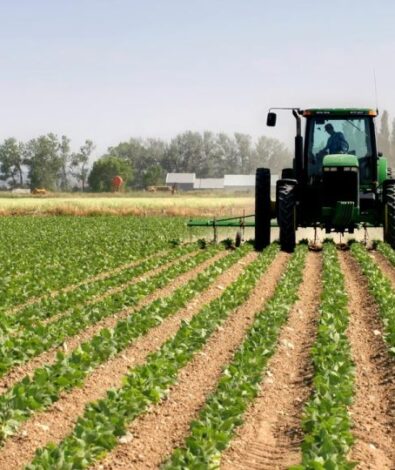Finance Ministry Unveils Framework to Guide Massive Food Imports

The Ministry of Finance is developing a framework to guide massive food imports, a key strategy to address the prevailing cost-of-living crisis in Nigeria.
The framework, expected to be ready next week, will include zero tariffs on certain food items to avoid hurting local production while providing short-term relief to widespread hunger.
Adewale Adeniyi, comptroller general of the Nigeria Customs Service (NCS), stated, “The set of guidelines is necessary… to provide short-term relief to the widespread hunger in the country.” President Tinubu had earlier approved a N2 trillion package to tackle food inflation, including a 150-day duty-free window for importing certain commodities.
Nigeria faces a food crisis, with food inflation reaching 40.66% in May 2024. Insecurity in food-belt areas has stalled food production, and farmers are seeking alternative livelihoods. The government aims to provide incentives to farmers and boost food production, alongside importing essential items to bridge the gap.
Data from the Ministry of Agriculture and Food Security shows significant gaps between domestic production and demand for various food items, including yam, cassava, Irish potato, sweet potato, wheat, maize, soybean, acha, sesame, shea nut, and castor.
Ndubuisi Attah, managing director of Ajah Farms, noted, “Production has been declining for many of the crops since 2016 owing to insecurity, herdsmen attacks, high input costs, and low mechanisation.”



